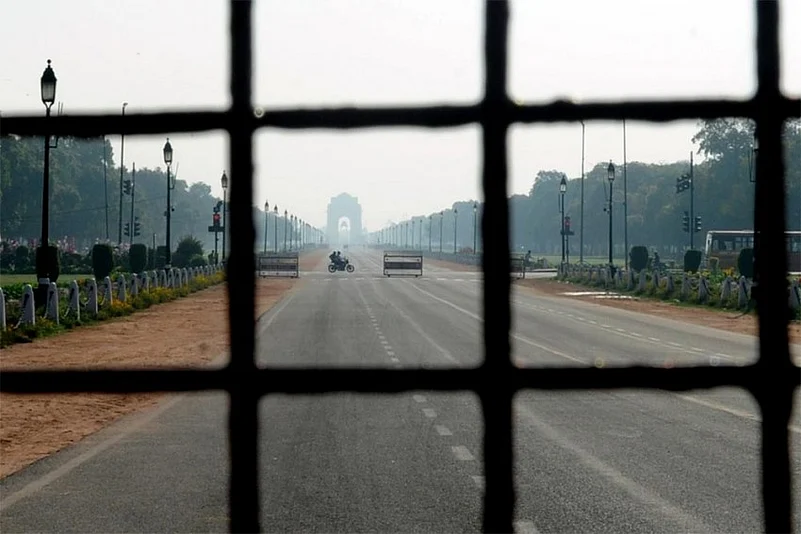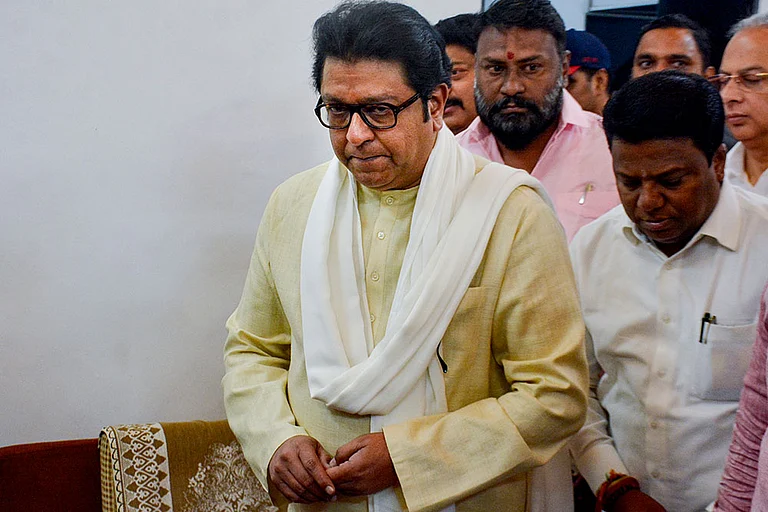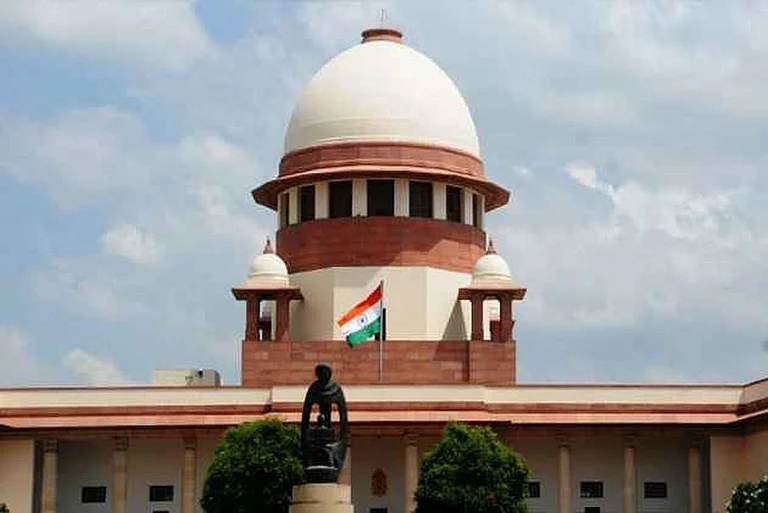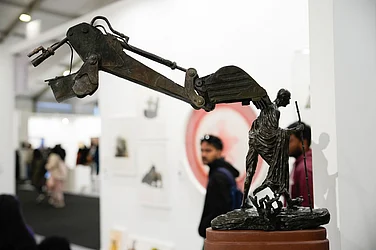Delhi Chief Minister Arvind Kejriwal announced a six-day lockdown from 10 pm on Monday till 5 am on April 26 which he said was necessary to deal with the rising number of COVID-19 cases as the city's health system was stretched to its limits.
The national capital's health system is stretched although it has not collapsed yet, he said, adding that despite around 25,500 cases coming up every day, Delhi's health system is still functioning.
But any system has its limit, he said while addressing an online press conference.
The lockdown is needed to prevent the health system of Delhi from collapsing under the increasing number of patients as there is an acute shortage of medicines, beds, ICUs and oxygen, Kejriwal said.
Here’s A List Of What’s Allowed And What’s Not
- In its order, the Delhi Disaster Management Authority said that movement of people will be allowed for marriage-related gatherings and up to 50 people will be permitted to attend a wedding, but they will have to show soft or hard copy of the marriage card.
- For funerals, 20 people will be allowed to attend.
- Essential services will be allowed during the lockdown, but private offices and other establishments like shops, malls, weekly markets, manufacturing units, educational and coaching institutes, cinema halls, restaurants, bars, assembly halls, auditoriums, public parks, sport complexes, gyms, spas, barber shops, saloons and beauty parlours will remain closed.
- Swimming pools (except those being used for training of sportspersons for participation in national and international events), construction activities (except where labourers are residing onsite) will also remain shut.
- Stadia will be permitted to remain open for organising national and international sports events without spectators, said Chief Secretary Vijay Dev, who is also the chairperson of DDMA's executive committee.
- Public transport such as metro and buses with their 50 per cent capacity will be allowed to run. In taxis, not more than two people will be allowed.
- E-passes obtained by a person for movement connected to essential goods and services during night curfew and weekend curfew will also be valid for the six-day restrictions.
- During the lockdown, pregnant women and patients going for medical services along with an attendant will be allowed on production of valid I-card or doctor's prescription or medical papers.
- People who are going for COVID-19 testing or vaccination are also exempted on the production of a valid I-card.
- Those going to airports, railways, ISBTs have been allowed movement, but they will have to show a valid ticket.
- Electronic and print media persons have also been exempted from the restrictions.
During the press conference on Monday, Kejriwal said that this decision to impose lockdown was not an easy one for the AAP government as it hurts the poor, daily wagers the most.
"I appeal to people not to leave Delhi during the lockdown. We will take care of you. I am there to ensure it," the chief minister said.
He said that the AAP government never concealed facts and figures of tests, cases or deaths.
"We shared information with people whether the condition was good or bad. This is a huge responsibility and the government cannot carry it without cooperation of the people. Cooperation of the people cannot be ensured without correct information," Kejriwal also said.
Delhi on Sunday recorded the biggest jump in its daily COVID-19 tally with 25,462 fresh cases, while the positivity rate shot up to 29.74 per cent -- meaning almost every third sample being tested in the city is turning out to be positive.


























